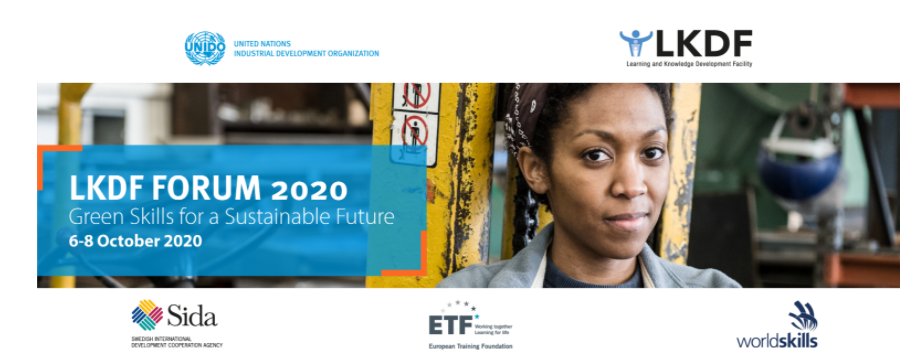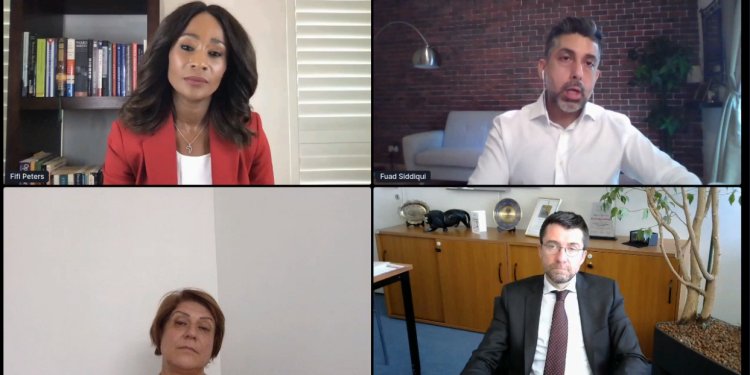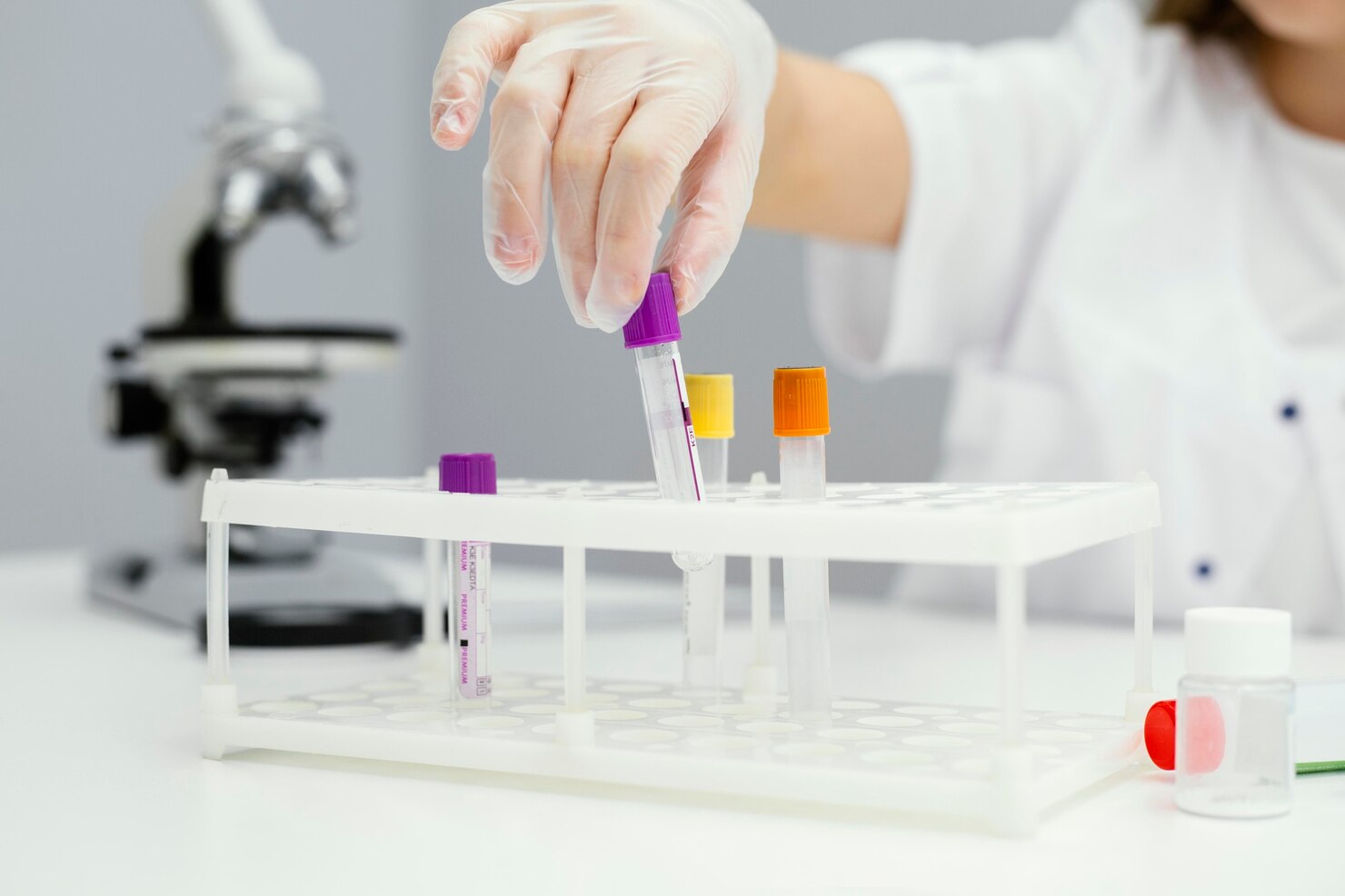
During Oct. 6-8, the United Nations Industrial Development Organization (UNIDO) and their affiliate, the Learning and Knowledge Development Facility (LKDF) hosted an online event to discuss the ongoing issue of a worldwide shortage of green skills.
The issue, explained in more detail in an earlier Impakter article, is that the world’s workforce is ill-prepared to shift to more eco-friendly jobs. Present-day workers don’t have the training to switch to sustainable labor of jobs that, in many cases, don’t even exist yet. This “green skills” gap will affect 1.3 billion people worldwide if not properly addressed.
In one segment, a chat with experts of industry covered the short- and long-term impacts of COVID-19 on the sustainable economy.
The COVID pandemic is the most disruptive natural event in recent history. However, it’s a smaller crisis than the potential catastrophe of climate change just on the horizon. In the long term, the pandemic taught us many lessons about worldwide cooperation, albeit involuntarily, that we can then put to use in the fight against climate change.
The pandemic illustrates a major weakness in the world’s approach to problem-solving: that it is more reactive than proactive. There were few plans in place to guard against a crisis like this, in the private sector as well as the public. Now, though, as the world economy deals with new limitations, industries are looking ahead when shaping their present strategies.
“The pandemic has accelerated something that was already there,” said Riccardo Savigliano, of UNIDO. “Industries need to rethink their products and services.” Many industries took a hit, and are now building themselves back up, hopefully for the better. Savigliano called this process “the fall, the rise, and the new normal.” That new normal has the potential to include eco-friendlier business practices.
Related Articles: Green Skills Revolution | SDG 8: Sustainable Economic Development | Building a Culture of Sustainability
Fuad Siddiqui of Nokia Bell Labs told LKDF how manufacturing has taken some bold new steps forward this year. Factory work has been trending towards automation for decades now, but at the time COVID hit, it still relied on in-person human workers. When humans were no longer an option due to quarantine, this spurred a huge push to innovate. Now, many manufacturers use a combination of automation and augmented reality to have humans pilot machines remotely. This actually caused an increase of productivity and profits in spite of quarantine.
In response to a question about robots taking away jobs from humans, Siddiqui reiterated that “the jobs are being augmented, not replaced.” This innovation was all about making humans more efficient and more capable. Human augmentation is what will define the future.
It seems that many solutions to working during a pandemic also happen to be more environmentally friendly. That makes this the perfect time to invest in the development of green skills in the workforce. Anastasia Fetsi of ETF discussed how the intersection of public and private sectors might help make this happen.
Many companies sought out governmental help during the pandemic, and they are now primed to do so more in the future. Now is the time to use government incentives and public programs to encourage sustainable business practices. Fetsi encouraged giving “more opportunity to young people” when it comes to developing education for these skills. We would start by educating new members of the workforce and build from the ground up. “We have to start with learning, then training and then work.”
“Once the dust settles,” as moderator Fifi Peters put it, “will it settle sustainably?” This is a volatile period for world industry. As old systems are torn down, and companies build them back up, the world, and groups like LKDF, will need to make a conscious effort to Build Back Better.
Editor’s Note: The opinions expressed here by Impakter.com columnists are their own, not those of Impakter.com.









